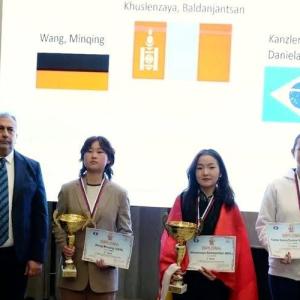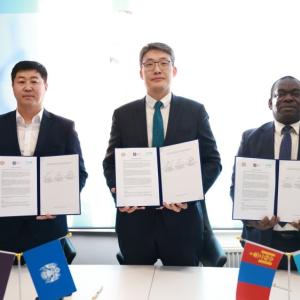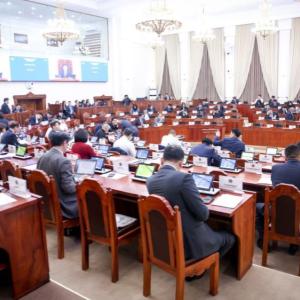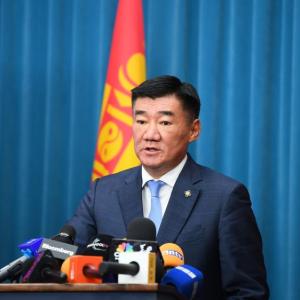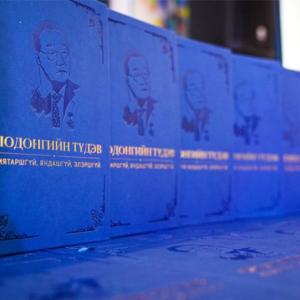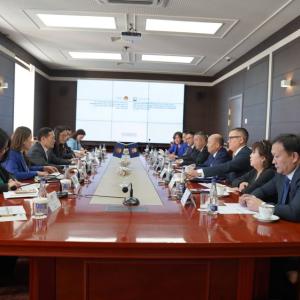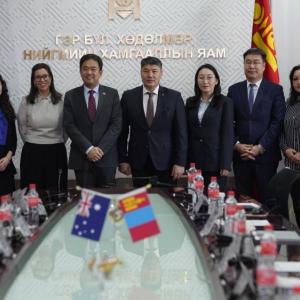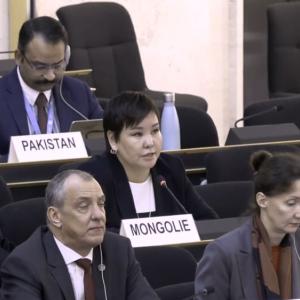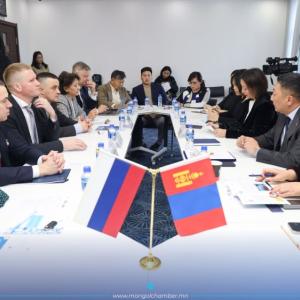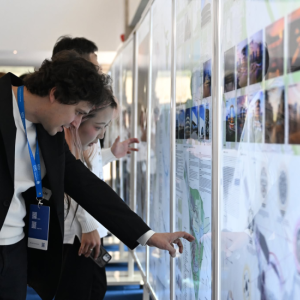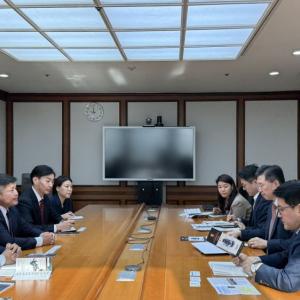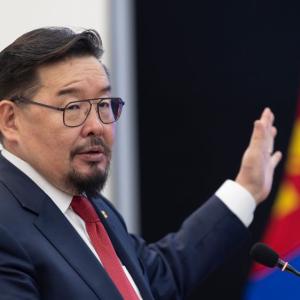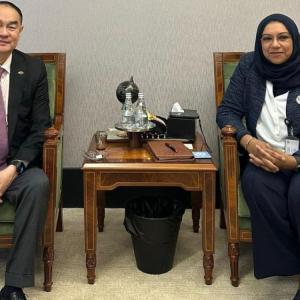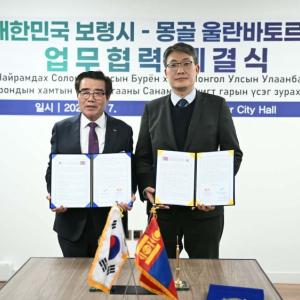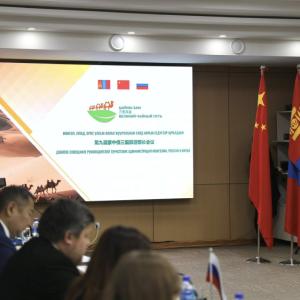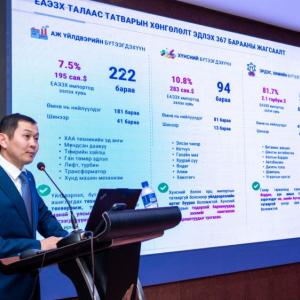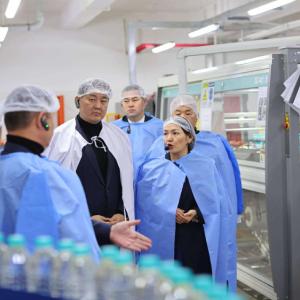Experiences Shared on International Approaches to Digital Reporting of Political Party Financing
Politics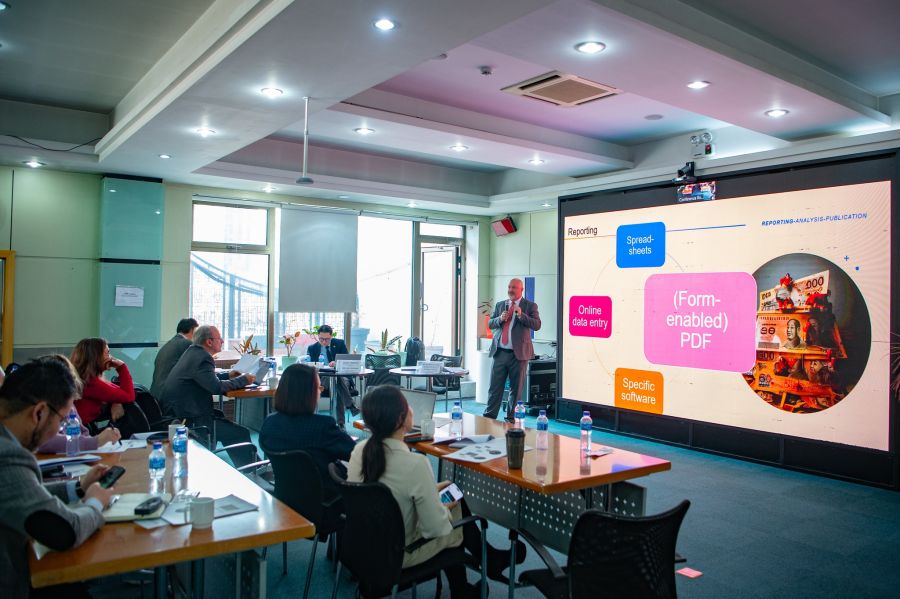
Ulaanbaatar, April 9, 2025 /MONTSAME/. Mongolia has become the first country in Asia to join the Open Government Partnership (OGP) Challenge, started in 2024, on ensuring transparency in political party financing.
By joining this initiative, Mongolia has undertaken an international commitment to ensure the implementation of the Law on Political Parties, and to make political party financing subject to public oversight. In this context, the General Election Commission of Mongolia (GEC), the Open Government Partnership, the Open Society Forum, Transparency International, and the Organization for Security and Co-operation in Europe (OSCE) are jointly organizing a seminar, "International Experience in Defining Digital Reporting System Requirements for the Implementation of the Law on Political Parties," on April 8-9, 2025.
During the session on April 8, 2025, participants shared the experiences of countries such as Latvia, Armenia, and the United Kingdom. For instance, Member of the OSCE and former Member of the Latvian Parliament (Saeima) Lolita Čigāne provided insights on the digital solutions used for political party financing reports and responded to participant questions. Latvia uses the EDIS digital system for reporting political party financing. This system not only acts as a bridge between political parties and state authorities but is also designed at a technical level to minimize politicization risks. It allows for standardized reporting across all participants and enables efficient data processing and monitoring.
The financial reporting input system provides real-time public access to both monetary and non-monetary donations as soon as they are recorded. Income and expenditures are automatically registered and consolidated. The system enables the public to track how state-allocated funding is utilized. All information in the reporting system is open to the public, allowing for data analysis and enabling donors to track their own contributions. For example, private contributions are summarized by amount, frequency, donor engagement level, and the sectors in which they work. A searchable database has also been developed, allowing queries of political parties, donation category, donor information, and time period. In addition to the digital system, a reporting application has also been introduced for broader accessibility.
Lecturer Dr. Sam Power of the School of Sociology, Politics, and International Studies at the University of Bristol, United Kingdom, delivered a presentation on the opportunities and challenges of ensuring transparency in political party financing through artificial intelligence (AI). Dr. Sam Power emphasized the necessity of using AI due to limited resources and time constraints of election management bodies, and highlighted its potential to build public trust when used appropriately. AI enables the processing of large volumes of data quickly and cost-effectively. Its implementation can help improve oversight, prevent corruption, and facilitate the use of anti-corruption tools such as the “Flagging” system. It also contributes to the standardization of accounting practices and promotes transparency and openness of information. However, he also noted the challenges, including the need for a solid legal framework, capacity building among officials, and the establishment of trust.
 Ulaanbaatar
Ulaanbaatar









